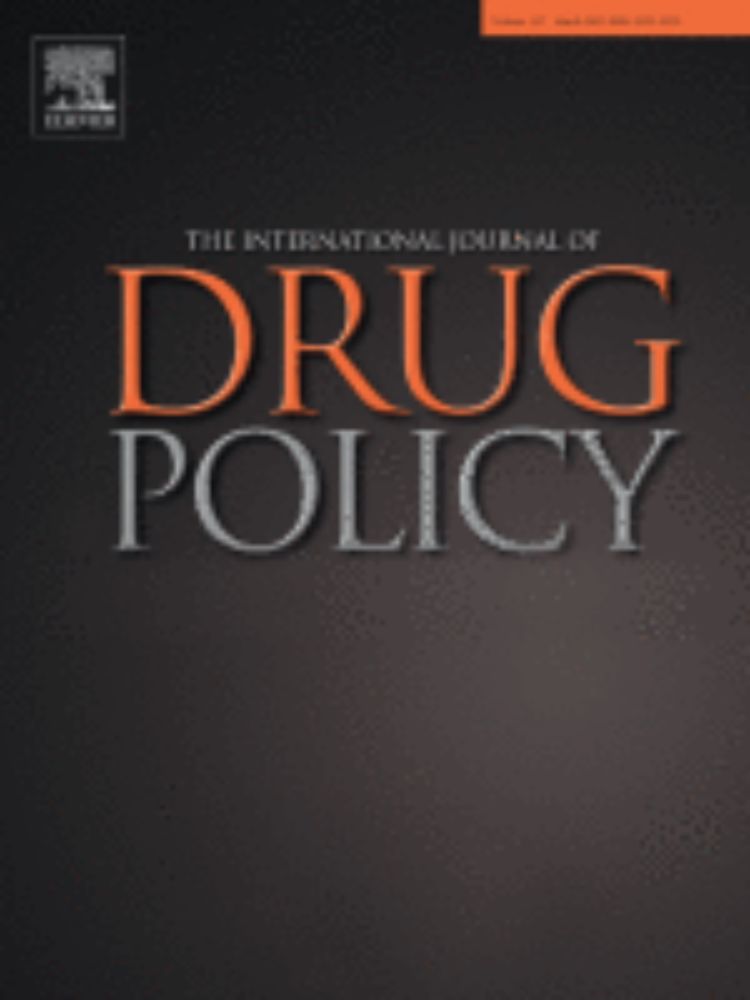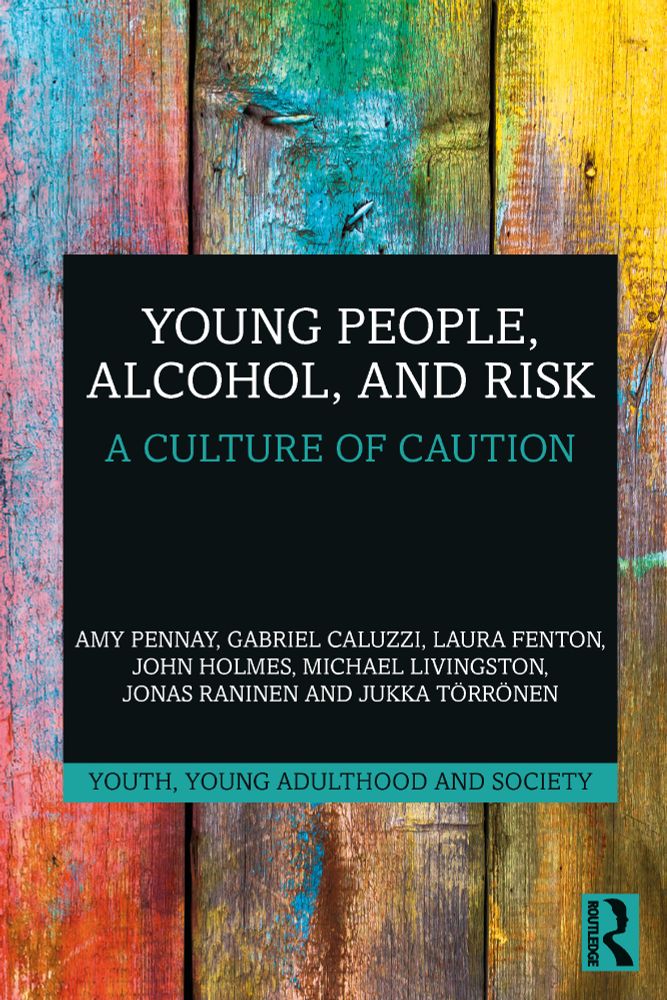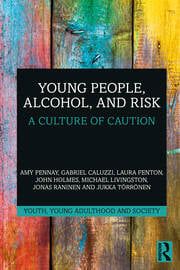Amy Pennay
@amypennay.bsky.social
200 followers
140 following
16 posts
sociologist, alcohol researcher, animal lover
Posts
Media
Videos
Starter Packs
Reposted by Amy Pennay
Reposted by Amy Pennay
Reposted by Amy Pennay
Reposted by Amy Pennay
Institute of Alcohol Studies
@ias.org.uk
· Jun 27
Why are young people drinking less? - Institute of Alcohol Studies
On this month’s podcast we spoke to Professor John Holmes, University of Sheffield, and Amy Pennay, La Trobe University, about their new book: Young People, Alcohol, and Risk: A Culture of Caution. W...
www.ias.org.uk
Reposted by Amy Pennay
Institute of Alcohol Studies
@ias.org.uk
· May 28
Amy Pennay
@amypennay.bsky.social
· May 6
Amy Pennay
@amypennay.bsky.social
· May 6
Amy Pennay
@amypennay.bsky.social
· May 6
Amy Pennay
@amypennay.bsky.social
· May 6
Amy Pennay
@amypennay.bsky.social
· May 6
Amy Pennay
@amypennay.bsky.social
· May 6
Amy Pennay
@amypennay.bsky.social
· May 6
Amy Pennay
@amypennay.bsky.social
· May 6
Amy Pennay
@amypennay.bsky.social
· May 6
Amy Pennay
@amypennay.bsky.social
· May 6
Amy Pennay
@amypennay.bsky.social
· May 6
Amy Pennay
@amypennay.bsky.social
· May 6
Amy Pennay
@amypennay.bsky.social
· May 6
Reposted by Amy Pennay
Reposted by Amy Pennay
Megan Cook
@meganpcook.bsky.social
· Mar 6

Examining gender in alcohol research: A systematic review of gender differences in how men and women are studied in alcohol research
This systematic review examined differences in the way women and men have been studied in alcohol research over the past decade. In particular, it exp…
www.sciencedirect.com
Reposted by Amy Pennay




